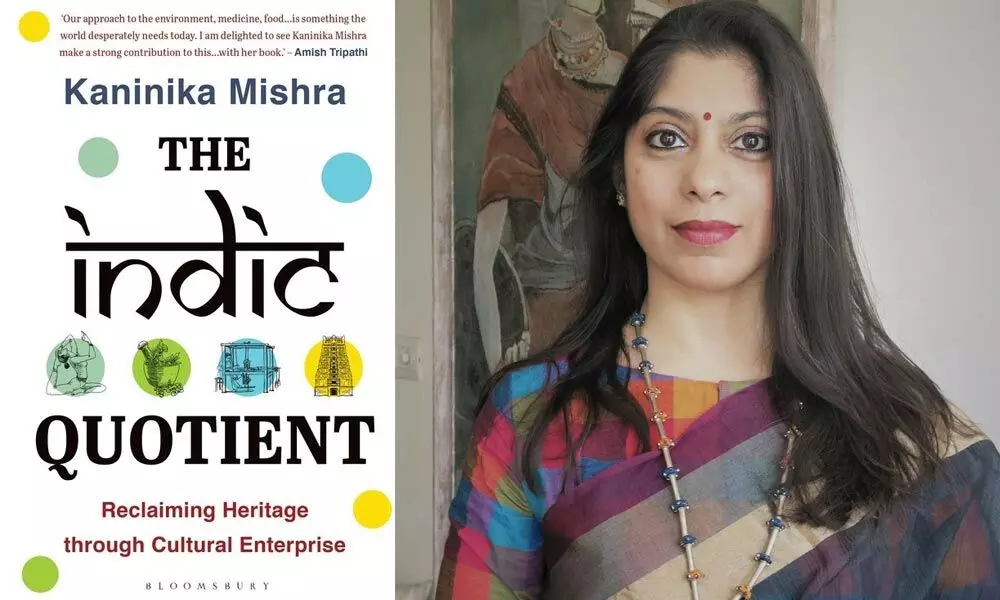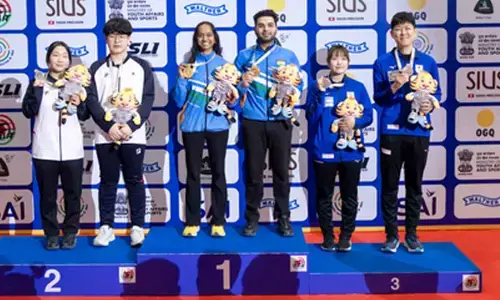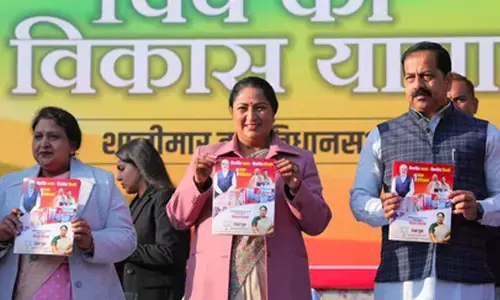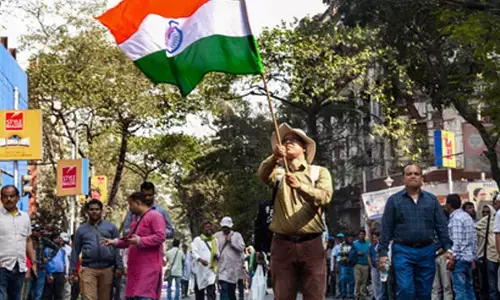Reclaiming heritage through cultural enterprises

The Indic Quotient Book (Kaninika Mishra)
Kaninika Mishra has traveled across India finding success stories of entrepreneurs who made a mark in unconventional sectors like art, medicine, food and handlooms
Kaninika Mishra has traveled across India finding success stories of entrepreneurs who made a mark in unconventional sectors like art, medicine, food and handlooms. Kaninika's fourth book highlights real stories of successful ventures and imaginative social initiatives centered around Indic ideas. Her bestselling book 'The Indian Millionaire Next Door', published in 2012, has been translated into Hindi and Tamil.
The initial idea that led to this book came up to her when she started to learn yoga 6 years ago where she met many young people who had turned to yoga, ayurveda or Indian dietary regimens to cope with stress and health problems of modern living.
She shares, "Around that time the market for ayurveda personal care products and Khadi had also begun on its path of exponential growth. This struck me as a significant change from only a decade ago when yoga was considered suitable for the elderly and urban Indians were fascinated with foreign products. I began researching this trend. I found several start-up founders and activists who were passionate about Indian heritage and were working hard to bring forward Indic wisdom from the past to benefit contemporary society. Their stories of enterprise and devotion to Indic culture were inspiring and I thought of putting these tales together in a book. "
Kaninika spent four years researching the various dimensions of Indic heritage that she wanted to include in the book. Her research was three-fold. One aspect was understanding the philosophy and historical perspectives related to yoga, ayurveda, textiles, literature and Indic art. The second was tracking and analysing the entrepreneurial activity in the heritage sector through news reports and the third involved travelling and meeting people across India.
"I travelled across India and interviewed people in diverse fields, ranging from temple conservation to beauty products, and from yoga schools to digital initiatives in ayurveda practice. I sought out initiatives which I felt made an impact. In my conversation with entrepreneurs and ayurveda doctors, the Hindu antecedents of ayurveda is one reason for a lack of acknowledgement of this system in an increasingly Hindu-phobic world. With yoga we find that the western validation, that has happened through the slow stripping away of the spiritual core of yoga, has led to a wider acceptance and support for it."
In her travels across India for her book, 'The Indic Quotient', she met several artisan communities, each with their own distinct weaving style and unique artistic sensibilities. India is one of the major producers of handmade products in the world with approximately 7 million artisans and a total of 744 clusters. The number of people engaged in hand weaving, however, is fast dwindling.
Several entrepreneurs who Kaninika spoke to have been direct beneficiaries of the economic liberalisation. Many of them have worked in multinational companies and even lived abroad but are not fascinated by the West like the generation before them.















